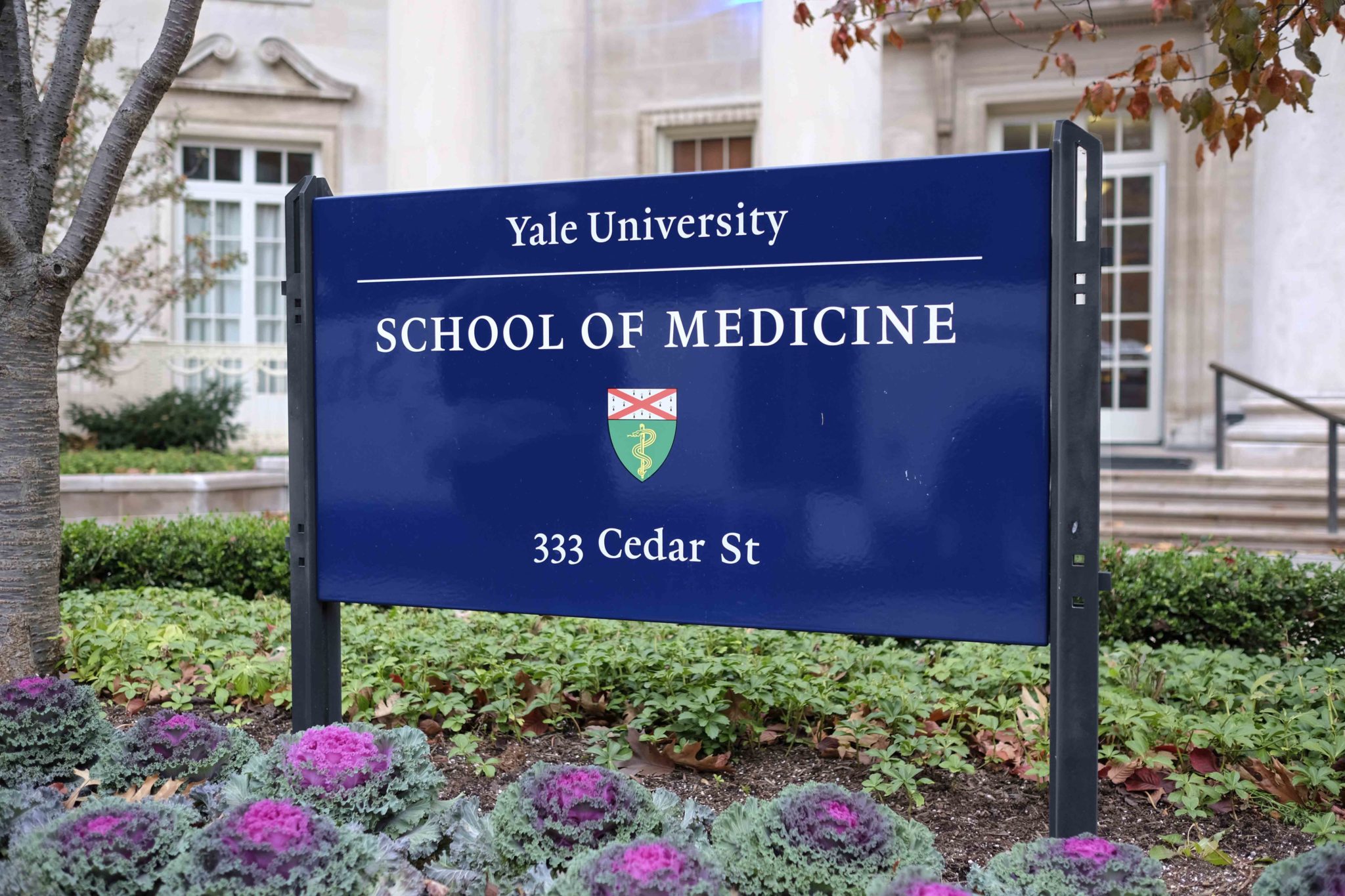
Almost six months after the Graduate School of Arts and Sciences enhanced childcare support for doctoral students with children, the School of Medicine is following suit, Deputy Dean for Education Richard Belitsky announced on Monday morning in an email to the medical school student body.
Starting next semester, medical students with children will receive an annual subsidy of $4,500, with an extra $1,000 for each additional child under the age of six. This semester, half subsidies of $2,250 and $500 per additional child under the age of six will be available as part of an effort to roll out the new policy as soon as possible, according to Belitsky.
“It is always a priority for us to help our medical students address the financial challenges associated with their medical education,” said Dean of the School of Medicine Robert Alpern. “Students with children have even larger financial challenges.”
If the medical student has a Yale health insurance plan that includes spousal coverage, then the annual subsidy will automatically go towards funding the plan. Otherwise, students can decide how to use the $4,500 of funding, whether on child care, spousal care from a different insurance plan or any other family expense, according to Belitsky’s email. There are approximately 15 medical students who have children, Belitsky told the News in an e-mail.
Chair of the Graduate Student Assembly Wendy Xiao GRD ’18 MED ’18, who is also a medical and doctoral student, said the new plan will help offset the enormous debt medical students with children accrue while working toward their degrees. Xiao said that single medical students without a family are already taking on about $300,000 in debt. But even before accounting for the other money necessary to raise a child, daycare costs $20,000 each year on average or $100,000 dollars in loans over the four years it takes to get a medical degree if no one in the family has an income.
The graduate school’s expanded family support policy, announced in September, is similar to that of the medical school, offering doctoral students $4,500 each year to spend on health care, child care or any other family need, with an extra $1,000 for each additional child under the age of six. Given the similarity between the two policies and the fact that they will take effect at the same time, Xiao speculated, the Graduate Student Assembly’s 2016 Childcare Report likely influenced both the medical school’s and the graduate school’s new policies.
Eleanor Thomas MED ’18, who has a week-old child, told the News that her family would have saved thousands of dollars covering her husband’s health care plan if the new family support program had been implemented earlier.
“Most medical school women are in their late 20s or early 30s, so it’s healthier for them to have babies now than later on,” Thomas said. “Sometimes, at this point of life, however, many women are not established in their field and are not making the kind of money one needs to support having children. It’s great that Yale is offering a thing that will help women, and probably even men, pursue their personal lives on top of academic career.”
Max Petersen MED ’18 stressed the necessity of supporting young families, noting that there are always a couple students in each class with children. On top of having one of the most flexible and customizable curricula in the country, the medical school now has a childcare support plan that demonstrates its dedication to helping its students, Petersen said.
The medical school currently provides full health care coverage for all students and their children at Yale Health. The new policy adds an annual subsidy that can be used flexibly for a variety of family and childcare expenses.
Serena Cho | serena.cho@yale.edu
Adelaide Feibel | adelaide.feibel@yale.edu







